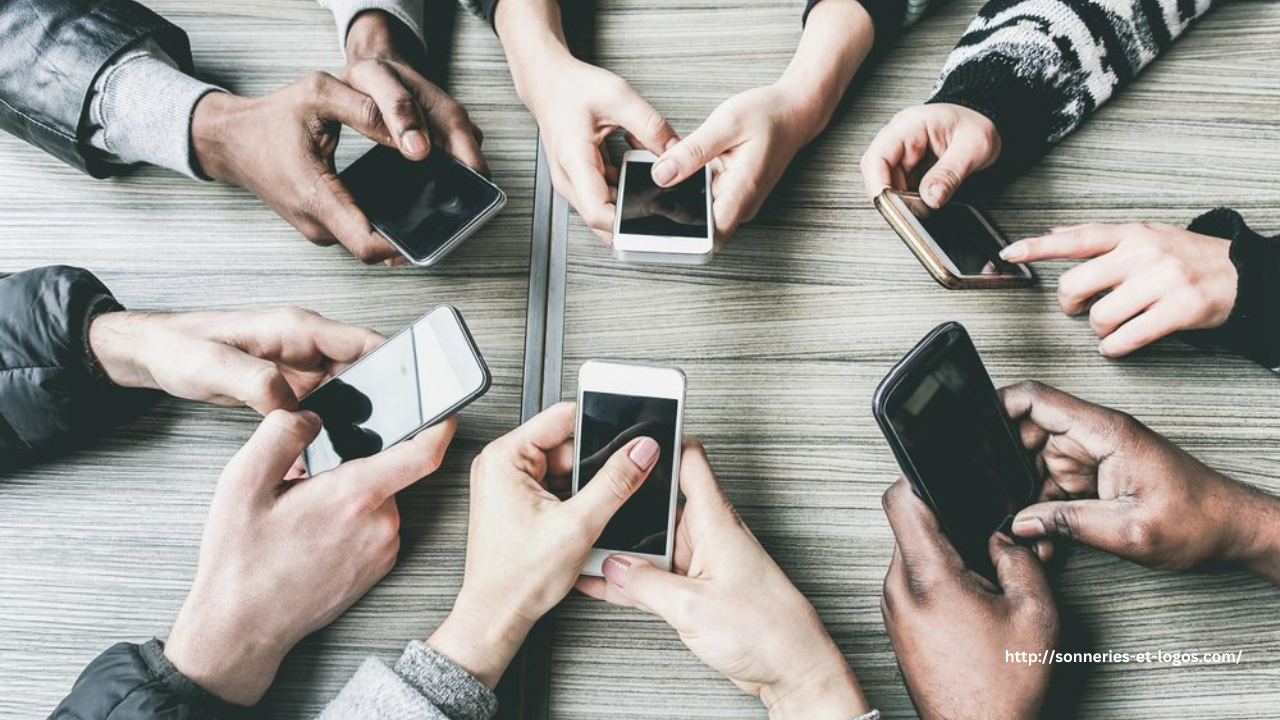In today’s fast-paced digital world, smartphones have become an integral part of our daily lives. They connect us to loved ones, provide instant access to information, and serve as a source of entertainment. However, this convenience comes at a cost. Cell phone addiction is a growing yet often overlooked crisis, affecting millions of people worldwide. While it may not be as visibly destructive as substance abuse, the consequences of excessive smartphone use are profound, impacting mental health, relationships, and physical well-being.
The Unseen Grip of Smartphone Addiction
Unlike traditional addictions, cell phone dependency is socially accepted, making it harder to recognize the problem. Many people check their phones first thing in the morning, mindlessly scroll through social media during meals, and even struggle to put them down before bed. The fear of missing out (FOMO) and the constant influx of notifications keep users trapped in a never-ending cycle of digital engagement.
Tech companies deliberately design apps and platforms to be addictive. Features like infinite scrolling, autoplay videos, and algorithm-driven content keep users engaged longer than they intend. The more time people spend on their devices, the more data companies collect and monetize—creating a business model that thrives on addiction.
Mental Health Consequences
One of the most alarming effects of cell phone addiction is its impact on mental health. Excessive screen time has been linked to:
- Increased Anxiety and Depression: Social media often portrays unrealistic lifestyles, leading to negative self-comparisons and feelings of inadequacy. Constant exposure to negative news and online conflicts further contributes to stress and anxiety.
- Decreased Attention Span: The habit of rapidly switching between apps and notifications conditions the brain for distraction, making it harder to focus on tasks that require deep concentration.
- Emotional Exhaustion: The constant need to stay connected drains mental energy, leading to digital fatigue and burnout.
Physical Health Hazards
Smartphone addiction doesn’t just affect the mind—it also takes a toll on the body. Some common physical consequences include:
- Text Neck and Poor Posture: Looking down at a phone for long periods can cause neck strain, back pain, and spinal misalignment.
- Eye Strain and Sleep Disruptions: Prolonged exposure to screens, especially at night, can cause digital eye strain and interfere with sleep by suppressing melatonin production.
- Sedentary Lifestyle: Excessive phone use reduces physical activity, increasing the risk of obesity, heart disease, and other health issues.
The Social Disconnect
Ironically, while smartphones are meant to keep us connected, they often lead to real-world disconnection. “Phubbing” (phone snubbing) has become a common phenomenon, where people ignore those around them in favor of their screens. Over time, this can weaken relationships, reduce meaningful interactions, and create emotional distance among family members, friends, and romantic partners.
Breaking Free from Toxic Tech
Escaping cell phone addiction requires mindful effort. Here are some strategies to regain control:
- Set Screen Time Limits: Use apps to monitor and reduce phone usage.
- Turn Off Unnecessary Notifications: Reducing digital distractions can minimize the urge to check your phone constantly.
- Create Phone-Free Zones: Keep phones away from the bedroom, dining table, and social gatherings.
- Engage in Offline Activities: Reading, exercising, and spending time outdoors can help break the cycle of dependency.
Conclusion
Cell phone addiction is a silent epidemic that continues to grow, affecting mental health, physical well-being, and personal relationships. While technology is a valuable tool, it is essential to use it mindfully and set boundaries to prevent it from taking over our lives. By recognizing the dangers of excessive smartphone use and making conscious efforts to unplug, we can reclaim our time, focus, and overall well-being.
